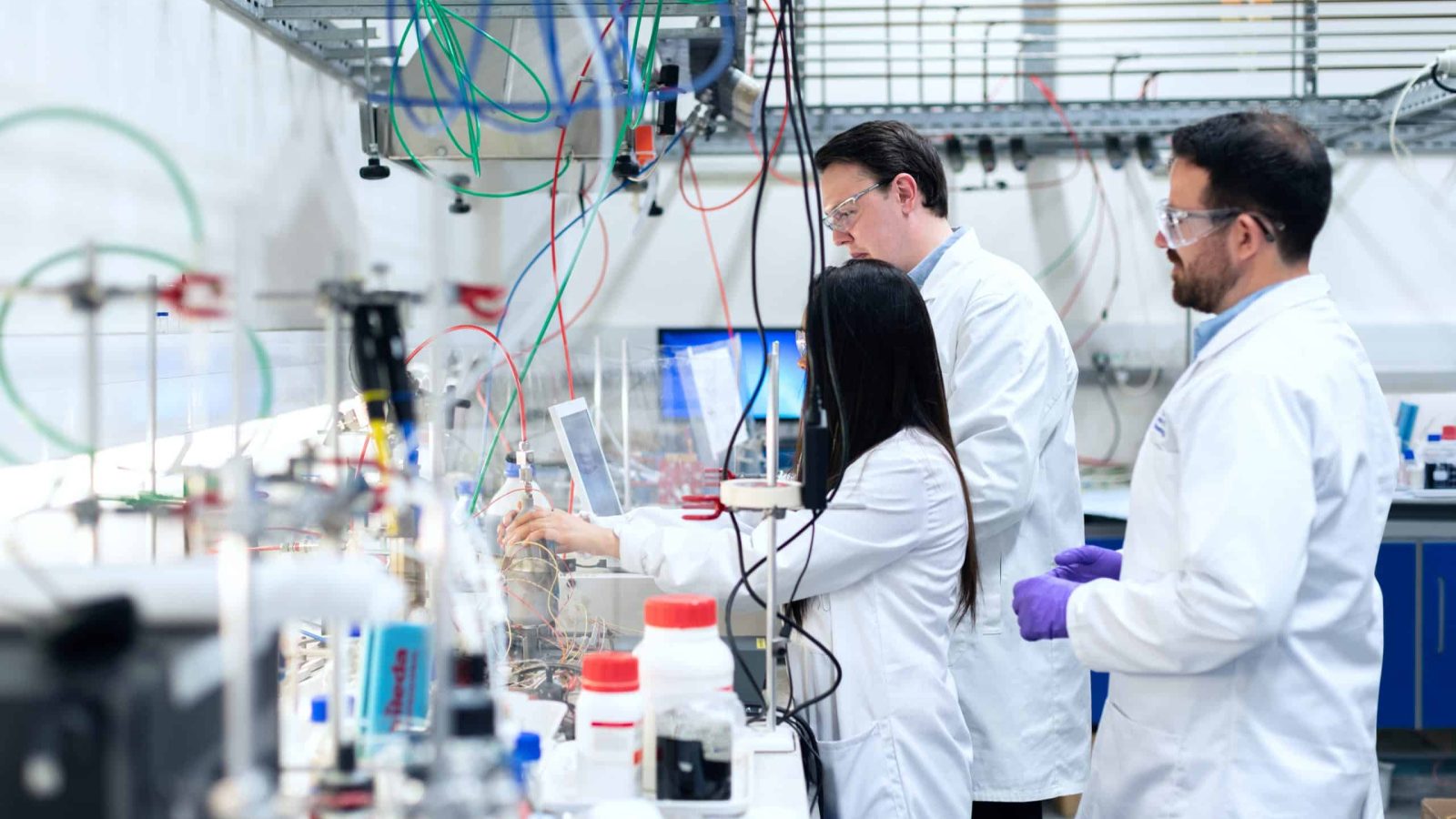9 fascinating chemistry careers you need to know

The study of chemistry may be traced back as far as ancient times when individuals from all over the world began experimenting with matter’s transformation.
Prior to chemistry, it was called ‘alchemy’, and it dealt with the science of transforming metals like lead into gold. The present type of chemistry as we know it emerged from this alleged gold rush.
Chemistry has had a profound effect on the world around us for centuries. Almost everything we come into contact with, whether in the comfort of our own homes or the workplace, has undergone some sort of chemical transformation.
It’s no surprise that chemistry is used in so many different industries, with a tremendous demand for experts in a variety of intriguing and diverse areas.
Chemists can pursue a wide range of rewarding careers, from research to teaching.
Table of contents
1) Expert in forensics
Experts in crime scene investigation are responsible for acquiring, evaluating, and analysing any evidence that may be collected. The evidence found at the site of the crime may serve as such prospective evidence.
As expert witnesses in criminal and civil proceedings, forensic scientists can work for the prosecution or defence.
2) Engineers in the chemical field
Designing chemical plans and improving current manufacturing techniques are some of the duties of a chemical engineer’s job.
There are many factors that need to be taken into consideration while designing a manufacturing process, not simply chemical and manufacturing procedures.
3) Toxicologist
In order to determine whether or not a substance has any effect on a live thing, these experts examine how chemicals interact with them.
There is a wide range of chemical and organic chemicals that toxicologists work with. These include poisons, medicines, and other substances. Additionally, they may be involved in a criminal inquiry.
4) A specialist in waste management
Problems with waste management, particularly hazardous items, have arisen as a result of urbanisation.
Lead, beryllium, cadmium, and other radioactive elements are common components of hazardous waste. Incorrect disposal can lead to a wide range of health problems, including malignancies, in humans.
Such garbage must be handled and disposed of in a correct manner by these experts.
5) Chemist in charge of quality control
In the Quality Assurance department of a firm, these chemists are responsible for verifying that the product produced/manufactured by the company complies with all applicable regulations.
They also keep an eye on the product’s suitability for human consumption. In the medicines and manufacturing industries, they are most commonly seen working.
6) Biochemist
Their research focuses on the effects of pharmaceuticals and chemicals on living organisms’ intrinsic biological processes.
They isolate, analyse, and synthesise products and mutations that may lead to genetic abnormalities and different malignancies in order to understand the immune system and its expression of genes.
7) Pharmacologist
In order to assure the safety and efficacy of pharmaceuticals, a Pharmacologist is responsible for the creation and testing of medications, as well as the analysis of their interactions with biological systems.
Research laboratories are the primary setting for pharmacology positions.
8) Professional in food safety and sanitation
A food safety professional’s job includes evaluating raw food components to see if they meet national and international food safety regulations.
In order to assess the purity and suitability of food, these experts analyse its chemical qualities and execute a series of tests.
9) Academics
It is possible to make a profession out of your love for academics. Those with a PhD degree are more likely to have a successful career.
Conclusion
The majority of chemical jobs need long shifts in the laboratory. For example, chemists are employed in schools, research laboratories, energy production, oil and gas firms as well as defence and manufacturing facilities for their expertise in chemistry.
There are strong possibilities for chemistry-based job profiles because of research institutes and the government’s focus on new technologies and projects.